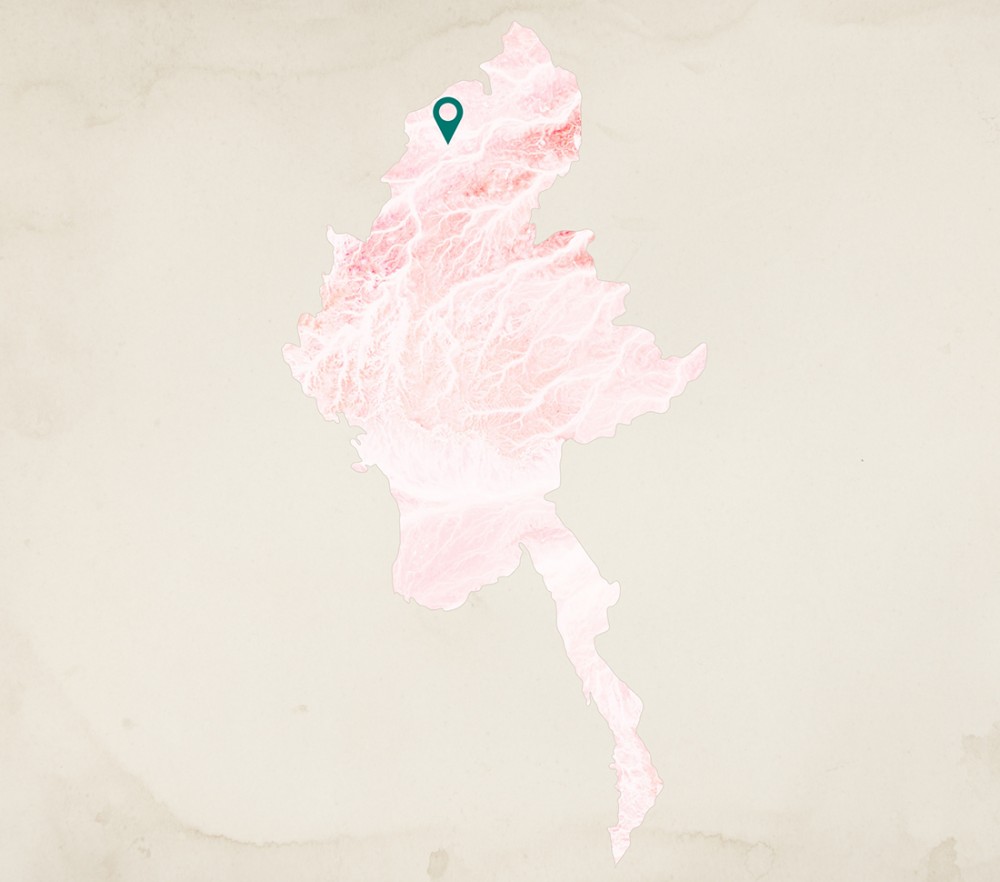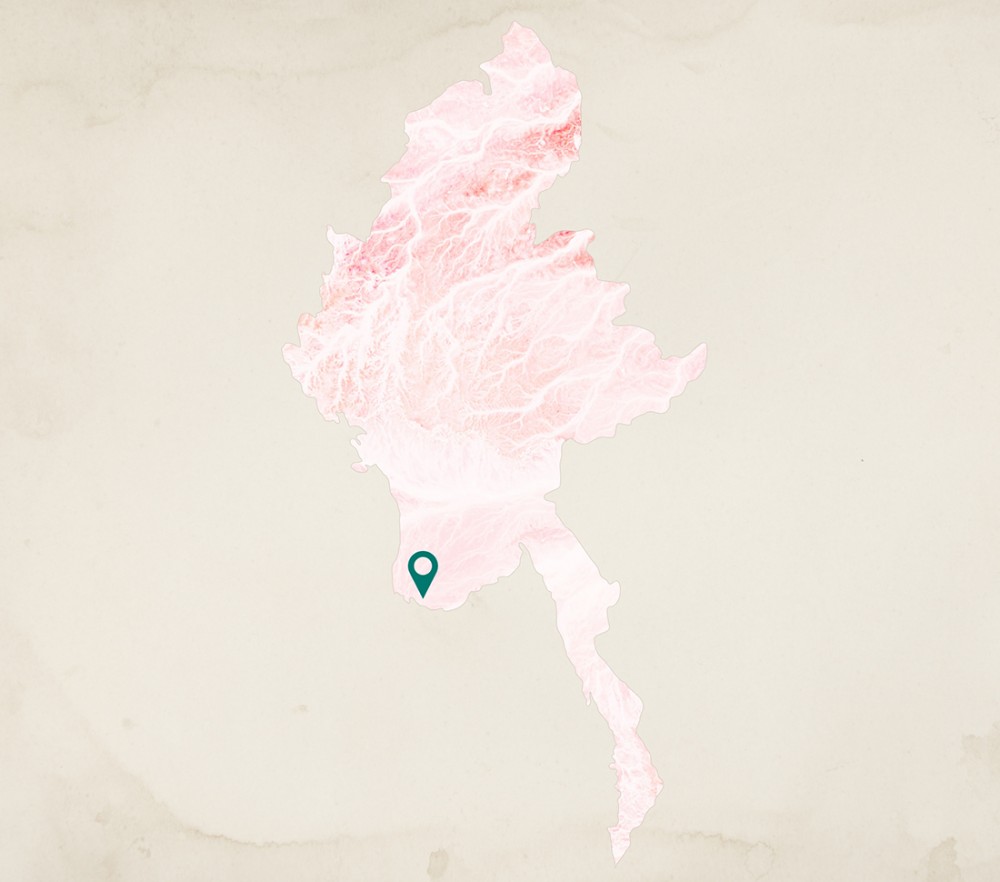

Myanmar Climate Change Alliance
Background
Myanmar was the second most affected country in the world by climate extreme events for the period 1999–2018. In 2008, Cyclone Nargis, which primarily affected the Ayeyarwaddy delta, killed around 138,000 people and cost over US$12 billion.
The project
Myanmar Climate Change Alliance (MCCA) supported communities in Labutta and Pakoku to become more resilient to cyclones, storms, and floods, which have become more frequent and severe due to climate change impact. MCCA involved communities to analyze the vulnerabilities and identified local adaptation actions to protect people from future calamities and economic loss. MCCA contributed in particular to the construction of a multi-purpose cyclone shelter and raised awareness on climate change, the importance of mangrove plantations, drainage improvement for flood protection and water harvesting, and also improved the skills of local people to build stronger and more resilient houses. This is a pilot project that is intended to be replicated in other communities and neighboring townships to prepare Myanmar for climate change impacts.
About the organization
MCCA was launched in 2013 to address the challenges posed by climate change in Myanmar and to bring climate change into the mainstream of Myanmar’s policy development and reform agenda.
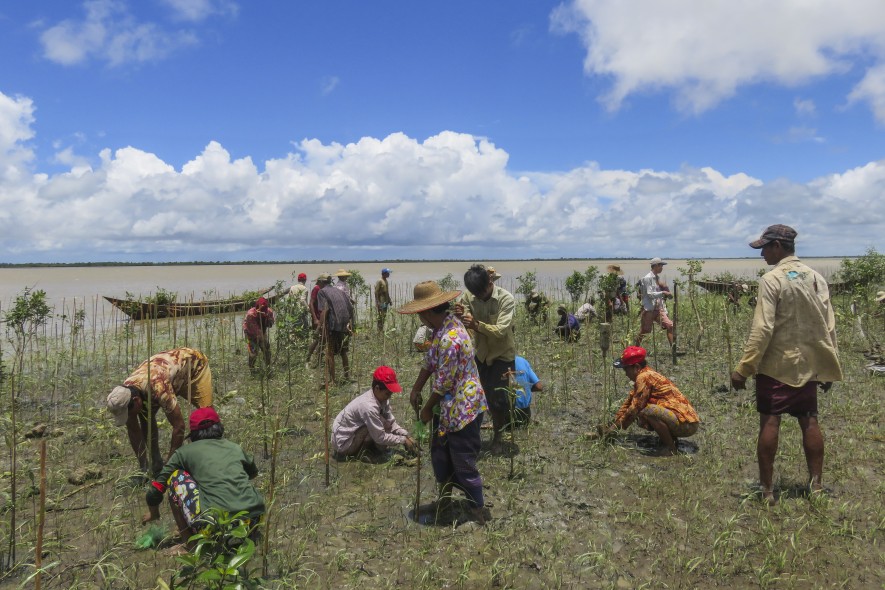
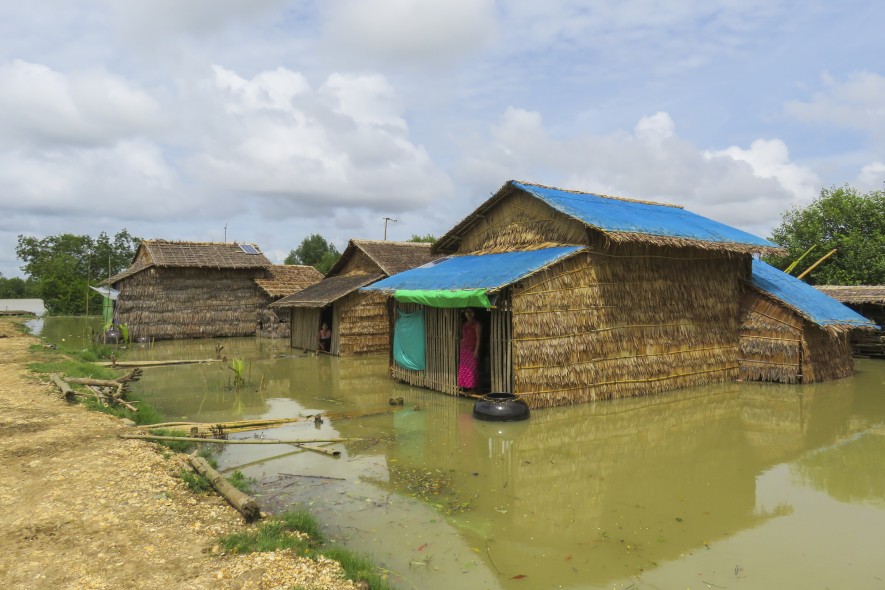
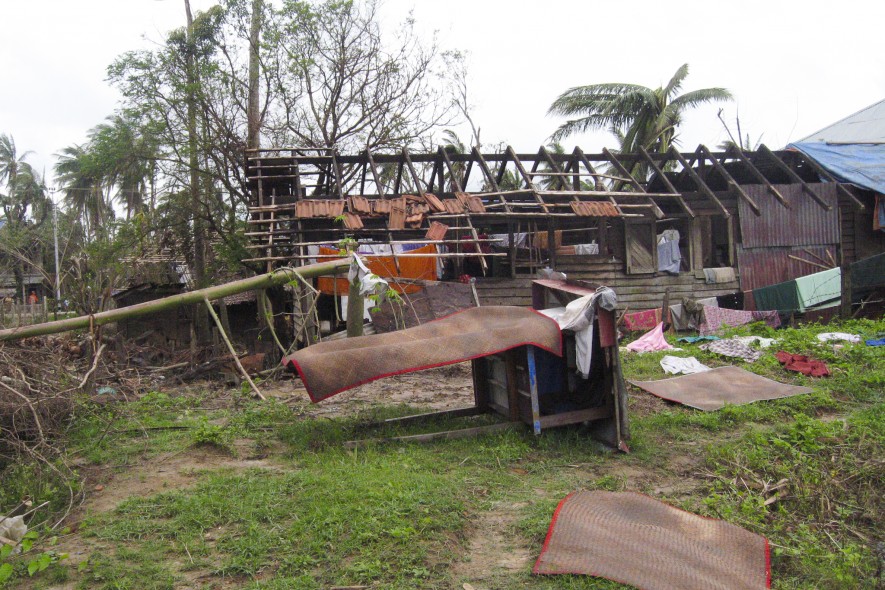
Implemented by
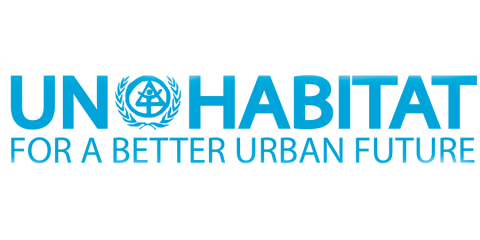

Financed by

Institutional partners
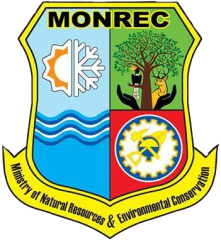

Htamanthi Wildlife Sanctuary
Strengthening communities to enhance wildlife conservation and natural resource management
